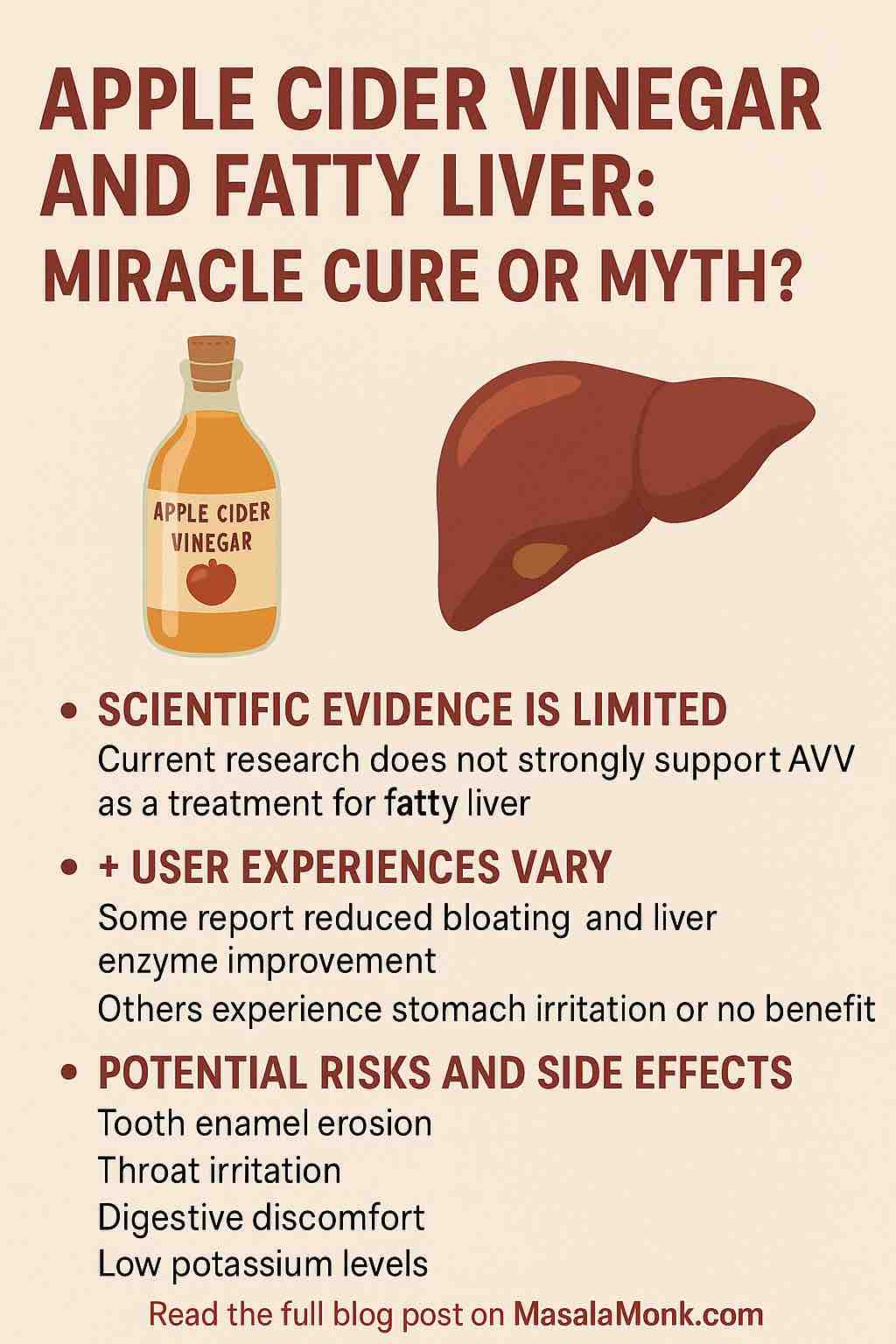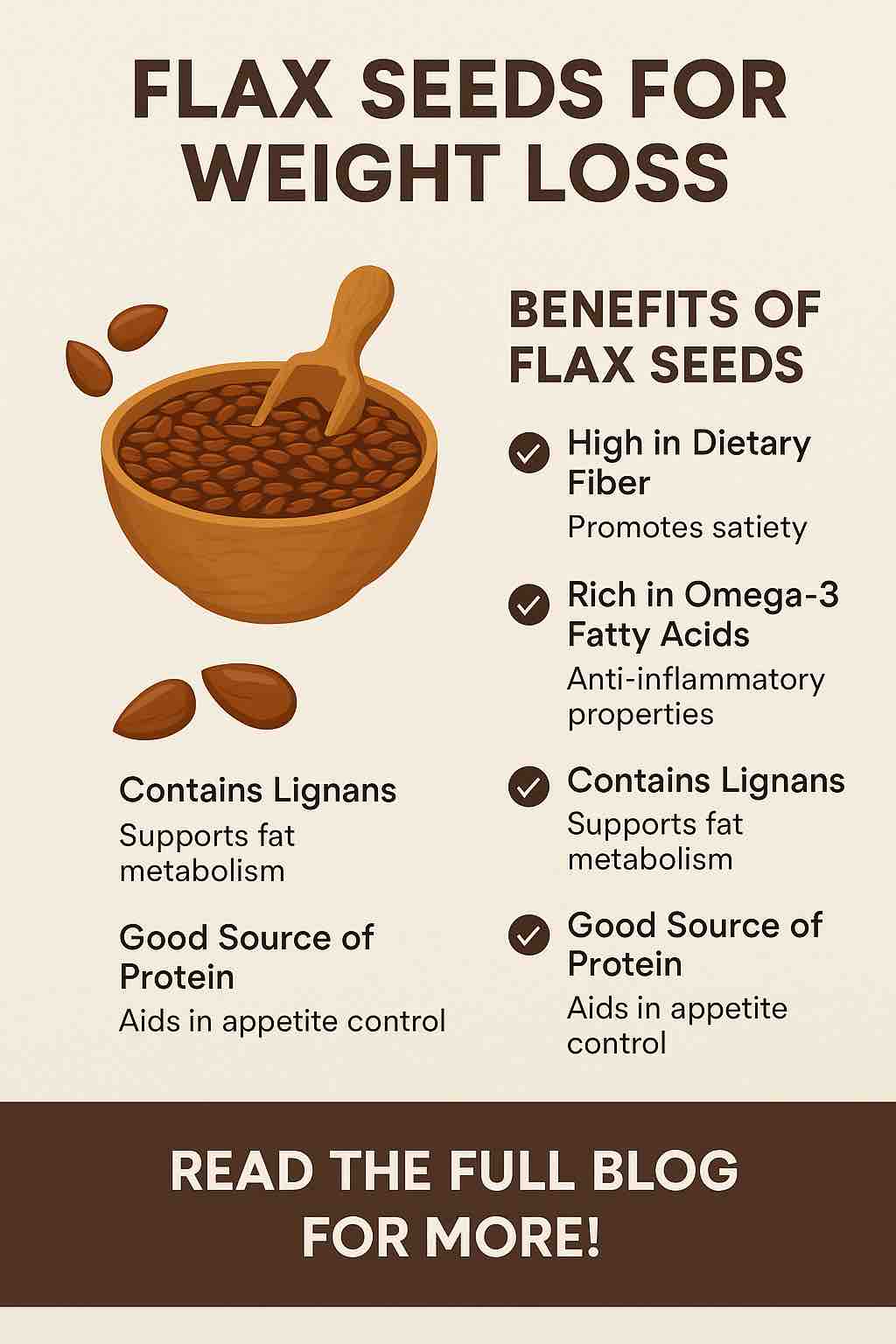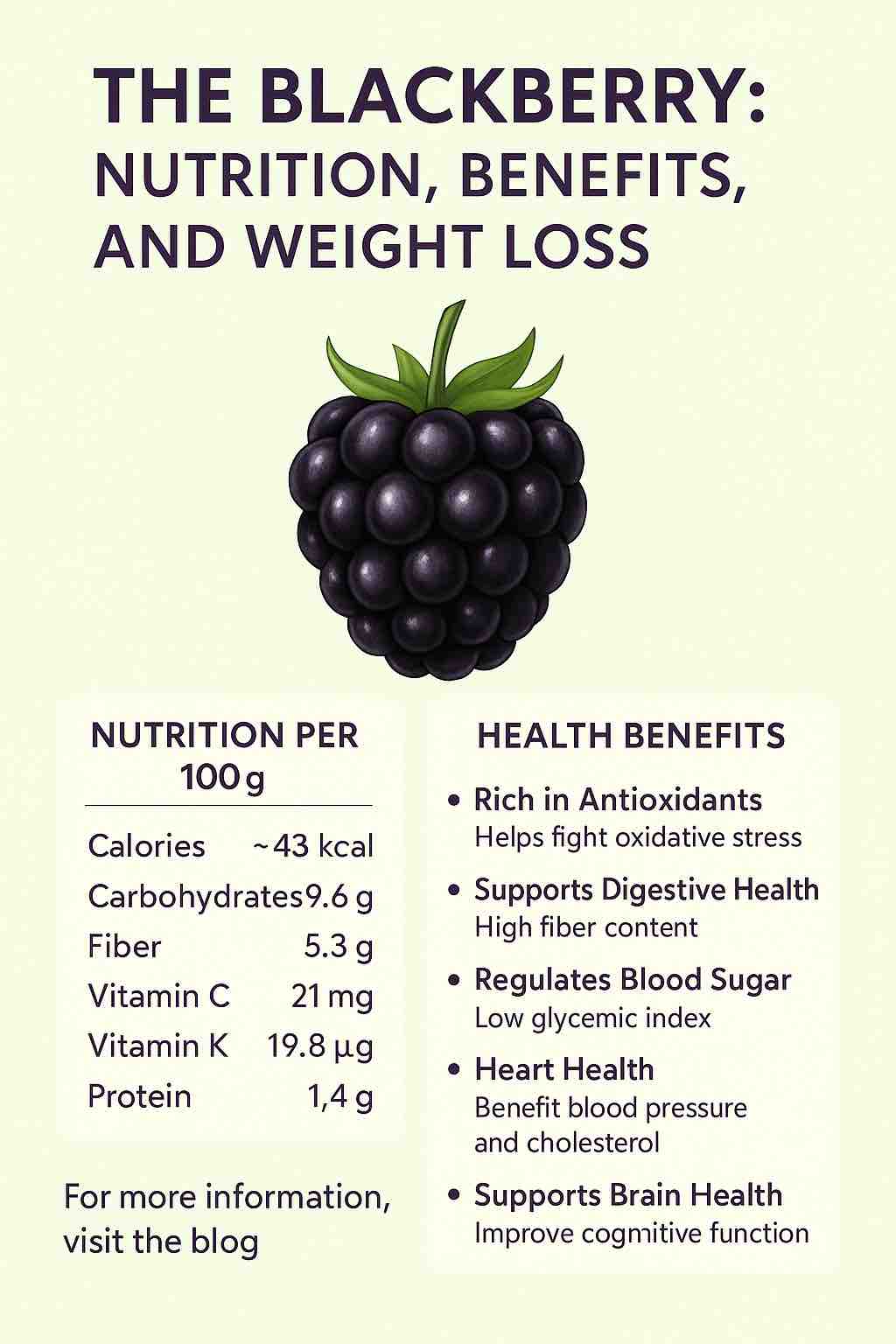
Is apple cider vinegar good for fatty liver? Discover what the latest research and real users are saying about ACV, liver detox, and side effects. Evidence-based & user-informed.
Apple cider vinegar (ACV) has taken the wellness world by storm. From gut health to weight loss, its list of supposed benefits seems endless. But one question continues to bubble up on search engines and health forums: Is apple cider vinegar good for fatty liver disease?
This blog post dives deep into the scientific research, personal experiences, and expert opinions to give you a comprehensive look at whether ACV could be the liver detox solution you’ve been searching for.
What Is Fatty Liver Disease?
Fatty liver disease, particularly non-alcoholic fatty liver disease (NAFLD), is becoming increasingly common due to poor dietary habits, obesity, and sedentary lifestyles. NAFLD happens when fat builds up in the liver without the influence of alcohol. If left unchecked, it can lead to inflammation, fibrosis, and eventually liver failure.
Conventional treatment? Lifestyle changes: weight loss, a balanced diet, and regular exercise. But many are turning to natural remedies—like ACV—to support liver function.
What Science Says About ACV and Liver Health
Limited but Intriguing Evidence
There aren’t many human studies directly linking ACV with improved liver health. However, preliminary animal studies show promising signs. In rats, ACV consumption was associated with reduced liver fat and better metabolic markers. One study suggested vinegar might help with weight loss and insulin sensitivity, both key factors in combating NAFLD.
Expert Take
Doctors and other integrative medicine experts caution that while ACV has benefits, there’s no definitive proof it can “cleanse” or “heal” the liver. They recommend using it as a supplement to a healthy lifestyle, not a standalone cure.
Real People, Real Results: What Users Are Saying
Reddit threads, wellness blogs, and YouTube testimonials paint a complex picture:
- Improved Liver Enzymes: Some users reported lower ALT levels after incorporating ACV into their diets.
- Digestive Relief: Many swear by ACV for bloating, heartburn, and better digestion.
- Increased Energy: Users mention feeling more energetic and clear-headed.
- Gallbladder Support: ACV is often linked to reduced gallbladder discomfort and better bile flow.
However, not everyone is a fan:
- No Effect: Several people noted no change in symptoms or lab results.
- Side Effects: Issues like throat irritation, tooth enamel erosion, and stomach discomfort are common, especially when consumed undiluted.
How to Safely Use Apple Cider Vinegar for Liver Health
- Dilute It: Mix 1 tablespoon in a glass of water. Never drink it straight.
- Start Slow: Begin with a teaspoon to see how your body reacts.
- Use a Straw: Protect your teeth from acidity.
- Time It Right: Many take it before meals for better digestion.
- Choose the Right Kind: Opt for organic, raw ACV with “the mother.”
The Bottom Line
Is apple cider vinegar a miracle cure for fatty liver? Probably not. But can it support a healthy lifestyle aimed at reversing fatty liver disease? Possibly.
When used correctly and combined with a nutrient-rich diet, exercise, and medical supervision, ACV may offer some benefits. However, it’s crucial to manage expectations and not rely on it as a cure-all.
Always consult your healthcare provider before starting any new supplement, especially if you have liver concerns or are on medication.
Have you tried apple cider vinegar for liver health? Share your experience in the comments below! And if you found this article helpful, don’t forget to share it with friends and family.
✅ Frequently Asked Questions (FAQs)
1. Is apple cider vinegar safe for people with fatty liver?
Yes, in moderation. When diluted and taken properly, ACV is generally safe. However, people with liver conditions should consult a healthcare provider before use.
2. Can apple cider vinegar reverse fatty liver disease?
There’s no scientific evidence that ACV can reverse fatty liver on its own. It may support liver health as part of a broader lifestyle change that includes diet and exercise.
3. How should I take apple cider vinegar for liver health?
Dilute 1 tablespoon of ACV in a glass of water and drink it before meals. Starting with 1 teaspoon is recommended to assess tolerance.
4. How long does it take to see results from ACV?
Some users report feeling better within a few weeks, but measurable changes in liver enzymes can take months and depend on overall lifestyle habits.
5. Can ACV harm the liver?
No direct evidence shows ACV harms the liver when used correctly. Overuse, however, can lead to digestive issues, low potassium, or medication interactions.
6. What kind of apple cider vinegar is best for liver health?
Choose raw, organic, unfiltered ACV with “the mother,” as it contains beneficial enzymes and probiotics.
7. Should I take ACV on an empty stomach?
Many users take it before meals, but some experience stomach discomfort. Start small and observe your body’s response.
8. Are there side effects of using ACV daily?
Yes, potential side effects include tooth enamel erosion, throat irritation, digestive discomfort, and low potassium levels.
9. Does ACV interact with medications?
Yes. It may interact with diuretics, insulin, or medications for diabetes and heart conditions. Always consult your doctor.
10. Can I combine ACV with other natural liver remedies?
Yes, but cautiously. ACV is often used alongside milk thistle or turmeric, but always inform your healthcare provider to avoid interactions.













